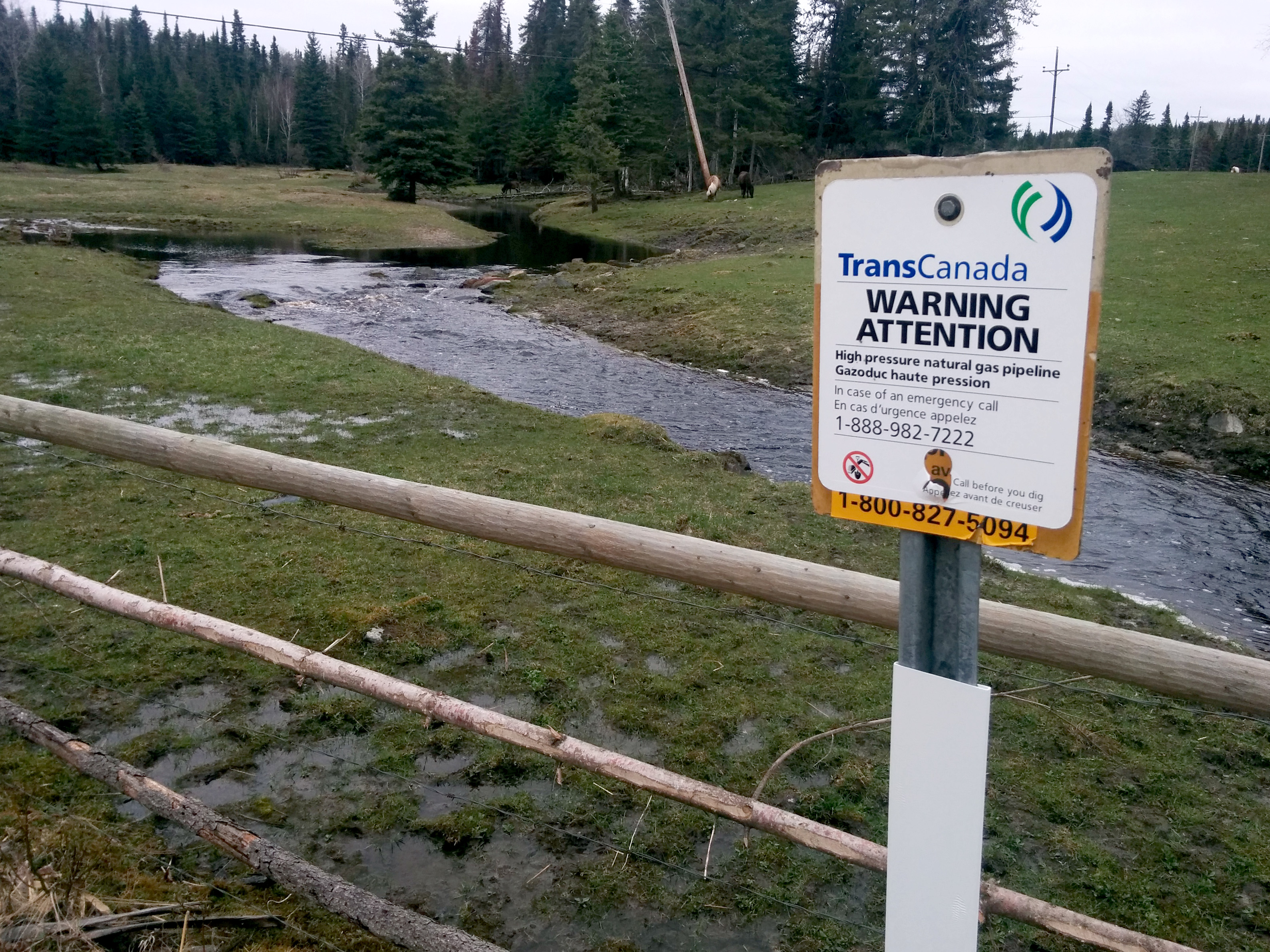
In 2012, Canada’s federal government drastically weakened the laws governing industrial projects like pipelines. Under the new legislation, pipelines cannot be reviewed by agencies like Fisheries and Oceans Canada (DFO) or the Canadian Environmental Assessment Agency (CEAA), and instead must only be reviewed by the National Energy Board (NEB) .
The changes to federal law, part of the infamous C-38 omnibus budget bill, also capped the amount of time allotted for pipeline reviews at 15 months. Finally, the new law places restrictions on who is permitted to speak or comment on the impacts of a pipeline, allowing only people who the NEB considers to be “directly affected” to voice their opinions to government.
To express concerns about Energy East, citizens were forced to fill out a 10-page application explaining how they would be directly affected or describing the expert testimony they could give. Only groups and individuals that are approved by the NEB will be allowed to submit comments on this proposal.
For one month in early 2015, the NEB accepted applications from members of the public wishing to participate in the review of Energy East. After computer glitches kept people from applying, the NEB opened up the application period for another two weeks.
Just over 1,800 people applied to participate, which is a small number for a pipeline that spans more than half the country. By contrast, the shorter Northern Gateway pipeline review, which didn’t require pre-approval for those who wanted to comment, considered opinions and evidence from over 10,000 participants.
Prior to 2012, the NEB would conduct an overall review of an energy project, and the CEAA conducted an environmental review. The NEB’s review took into account the CEAA environmental review as well as social and economic factors, and made a recommendation on approving a project.
In the new process introduced in 2012, the NEB conducts the only review, and considers environmental and socio-economic impacts. The NEB did not, however, get a whole host of new ecologically-trained staff members to handle an environmental review. In fact, the NEB’s board and review panels are primarily made up of oil and gas executives appointed by the federal government.
The Wilderness Committee feels that the current federal review process cannot deliver fair, balanced and informed recommendations on pipelines. In August 2015, the Wilderness Committee, along with however many other people, withdrew from the NEB process for the proposed Kinder Morgan Trans Mountain pipeline in BC.
It remains to be seen whether the NEB will conduct a robust review of the proposed Energy East pipeline.